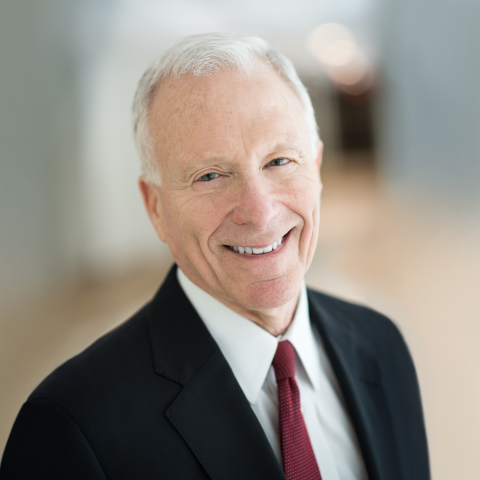A nuclear Iran, some wishfully argue, would pose manageable risks. But history, predictably, takes strange twists. Today's Syrian crisis shows how unmanageable tomorrow's Iranian crisis could become.
The Syrian crisis is now 18 months old. But only recently, as Syria's tyrant weakens and adopts increasingly violent counter-measures, has focus shifted to the risks posed by Syria's arsenal of Weapons of Mass Destruction. Not long ago, the Assad regime acknowledged holding large stockpiles of chemical weapons heretofore denied to underscore those risks.
On the one hand it is feared that in extremis Syria's tyrant Bashir al-Assad might use chemical weapons to decimate his opposition or complicate Western intervention; on the other hand, it is feared that a collapse of the regime might lead to their dispersal and acquisition by other parties, especially terrorist organizations.
Recently, President Obama made those risks a primary American focus, going so far as to say that they are the principal grounds for an American armed intervention, which he has so far rejected. "We cannot have a situation in which chemical or biological weapons are falling into the hands of the wrong people," Obama said. "That would change my calculus; that would change my equation."
Some argue that a nuclear-armed Iran, facing overwhelming Western arsenals, would have compelling reasons to handle such weapons responsibly. Set that questionable proposition aside for the moment and consider the abnormal times that may well lie ahead. The Iranian hard-line leadership rules from an unsteady base. For now, the widespread discontent shown by Iranians in the demonstrations of the summer of 2009 has been brutally stifled. But few consider that the regime's problems have been resolved not least because it is divided itself. Indeed, many in the West hope that a dramatic revolution will one day soon rid us of the Ayatollahs' dangerous regime.
But Iran gaining nuclear weapons would both delay that day and make it more dangerous when it comes. Between the onset of popular revolution and its outcome would lie nuclear risks unlike any the world has known.
We have no reason to expect that the radical rulers of Iran will go gently if and when revolution comes. Muammar Gaddafi and Assad fought back, and the Iranian mullahs hold even stronger ambitions and hatreds of the West. Indeed, the lessons they will likely draw from Libya and Syria is that a bloody-minded regime can repress its rebels if the regime can forestall outside assistance. So they are unlikely to lay down before their great enemy the West and especially the United States, the forces of "Global Arrogance" and injustice, as they term them and abandon the ambition, indeed, the proclaimed religious obligation to create an Islamic new world order.
Moreover, if Iranian hard-liners succeed in obtaining nuclear weapons, those weapons will most likely be kept in the hands of military leaders the Revolutionary Guard - closest to the hard-liners. In short, the weapons will be where we would least want them in turbulent times.















